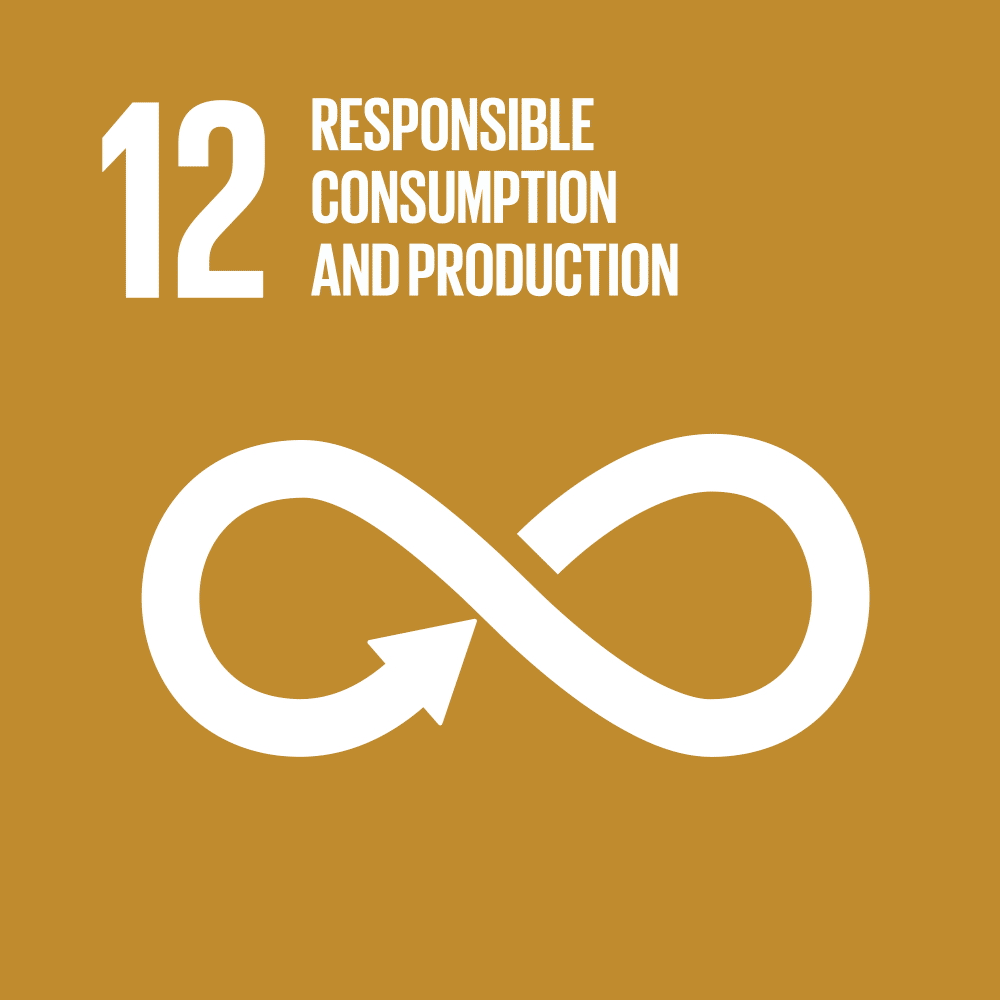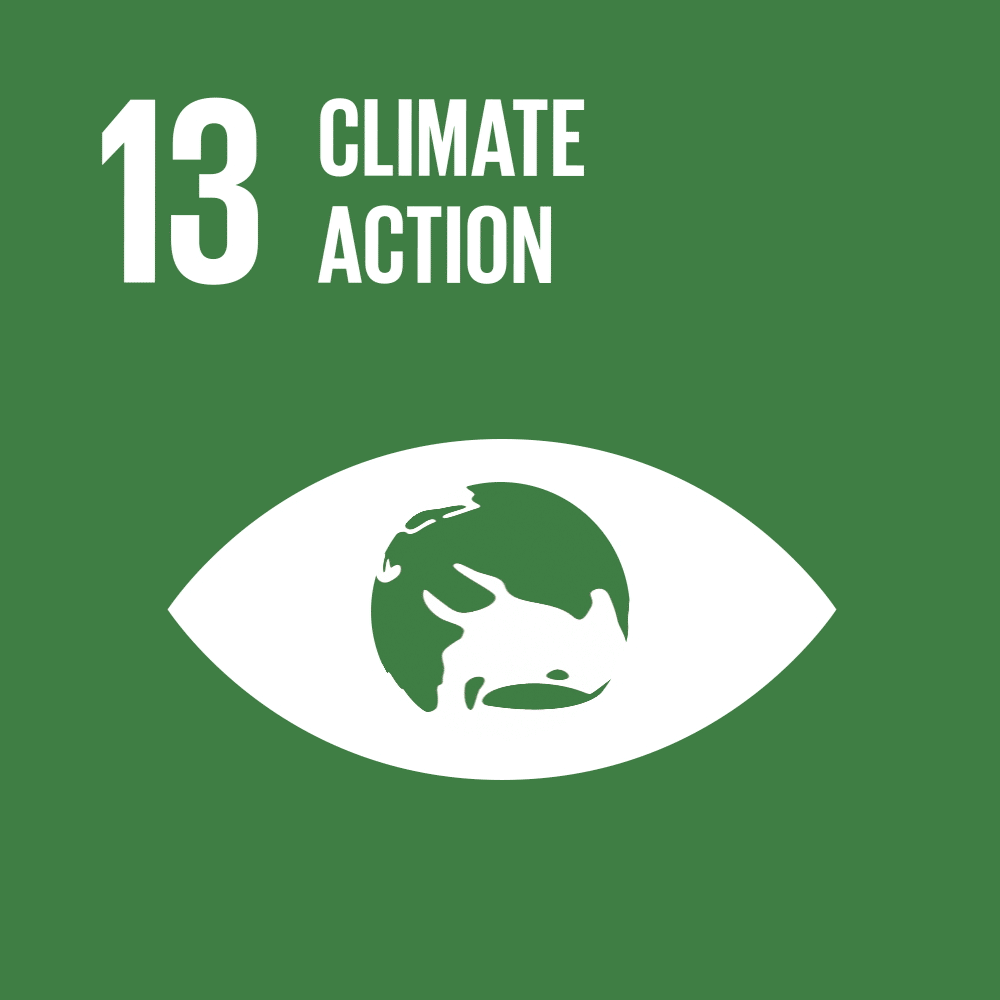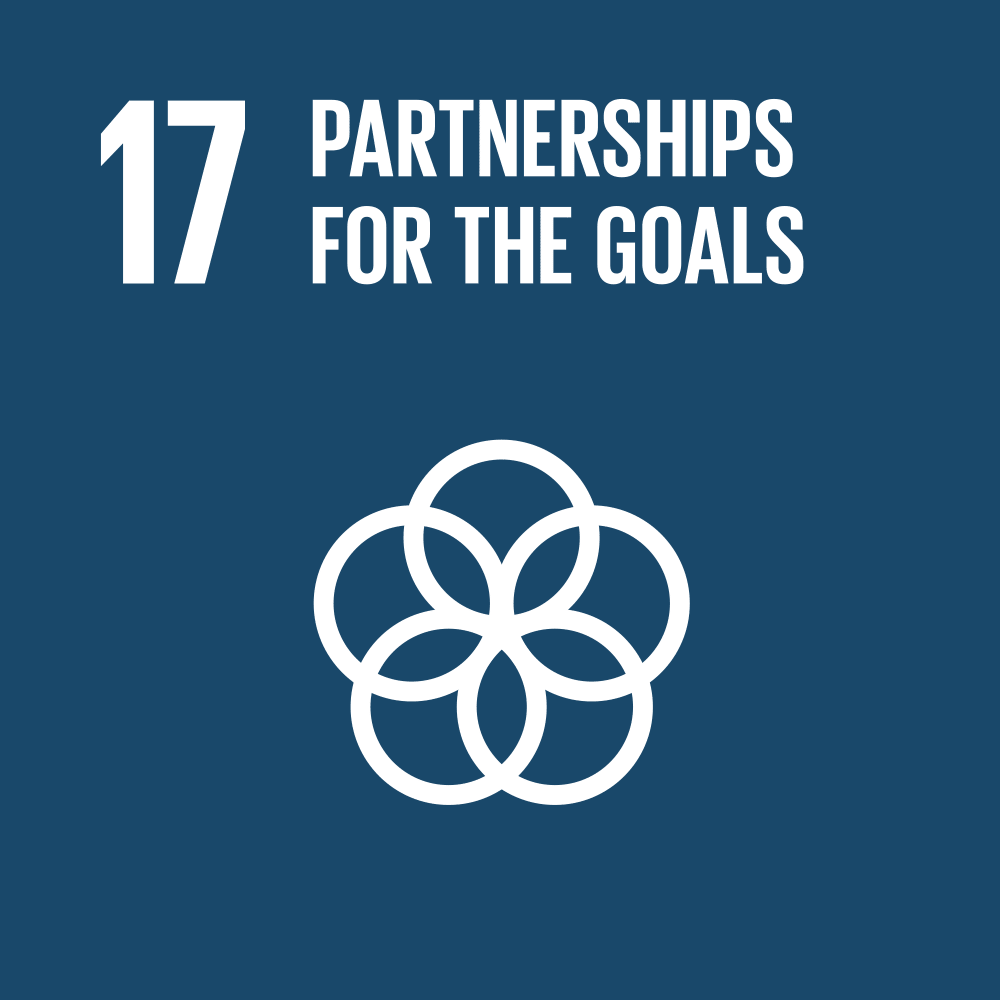WE ENVISION THE NEXT DIMENSION OF
CIRCULARITY.
BI - CIRCULAR™
Bi-Circular is the next level of circularity: Instead of relying on a product’s re-introduction into the supply chain, Bi-Circularity also takes the end-of-life into account.
This means that, in order to be classified Bi-Circular, a material needs to be recyclable and biodegradable at the same time.
RETHINK, REDUCE, RECYCLE, ROT.
RETHINK, REDUCE, RECYCLE, ROT.
Sustainable Development Goals. (SDGs)
Sustainability isn’t just about products, but also about people. We are proud to share that we have been certified as a Verified Social Enterprise by the State of Austria.
“SUSTAINABLE FASHION IS NOT A TREND, IT’S A RESPONSIBILITY.”
-LIVIA FIRTH, Founder of the Green Carpet Challenge and Co-Founder of the Eco-Age





